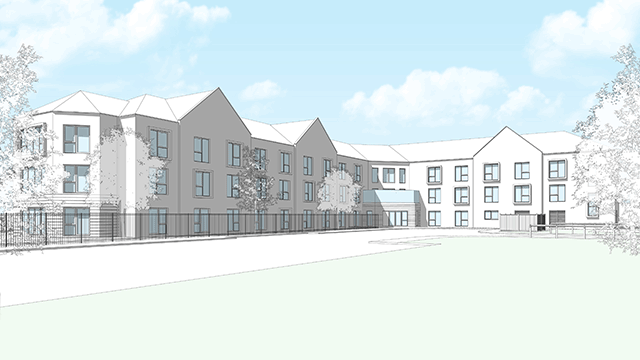Are the Peaky Blinders the unlikely saviours of the British high street? We have long been told that experiences are the key to reinvigorating our flagging town, city and shopping centres and, it seems, there is no more experiential an experience than the world of the gangster scene in early 1900s Birmingham.
Last year, we reported news of a new escape room in Liverpool themed after the smash hit BBC show. Brum, of course, has its Real Peaky Blinders tour. And now Camden Market is getting in on the act, its owner, LabTech, announcing that the brand-new immersive theatre show Peaky Blinders: The Rise is coming to the Vanguard Theatre this summer. Fittingly, Camden features prominently in the TV series as the home of Tom Hardy’s Alfie Solomons, and a number of other iconic Peaky Blinders locations are promised. The narrative will follow the rise in fortune of Tommy Shelby and his family, and will join the Tomb Raider: The Live Experience on the somewhat eclectic list of things to do at Camden Market in 2022. But where will this all end? Soon, will every town in the country have its own Peaky Blinders experience? Can the UK cloth cap trade possibly hope to keep up with demand?
Spare boom
Diary loves mind-boggling figures, so this week we were delighted to hear from “game-changing property platform” Boomin that the value of the nation’s spare rooms is estimated at an astonishing £791.5bn. And, get this: that’s just the total from those of us lucky enough to admit to having two or more such spare rooms. The average vacant bedroom is worth £42,000 in the current market – the equivalent of 1.3 Bitcoins, we are helpfully told, or just over the average London salary. Not that that will get you very far in the capital, as there spare rooms are worth £76,476, ahead of the South East (£54,346) and the East of England (£49,211). But even in the North East, homeowners are still sitting on £21,881 per spare room. According to Michael Bruce, CEO and founder of Boomin (and, we assume, a devoted Betty Boo fan): “Many of us have a spare room and during the pandemic, they’ve been used as home gyms, offices, art studios and more, as we’ve tried to maintain some sense of normality both professionally and personally. However, for many of us our spare room or rooms will generally sit untouched besides the odd visit from friends or family and they tend to double up as an overflow storage space for our old clothes, kids’ toys or other obsolete household items.” This, Bruce says, is “quite amazing” when these underutilised spaces are worth over £40,000, raising the question as to whether “some homebuyers could save a considerable sum by being more realistic about how much space they actually need, compared to how much they would like”. All well and good, but if we rent it out, where would we put our Lego?
Did somebody say…?
It was great to see the latest vote of confidence in London’s office market from Just Eat. One of the success stories of the pandemic, the delivery giant is looking to order up 30,000 sq ft in the capital, more than doubling its existing floorspace. All fantastic news, but would it have killed them to get the frontman of their advertising campaign earworm to sprinkle a little of his magic on the press release? Sadly, Snoop Dogg didn’t say:
“Me, get new space like a G
See hungry Dogg’s gotta meet
I get food as I work, it’s a perk
Chicken wings to the offizzle
Burger and fries, let me see that ketchup drizzle
Wonton with extra sauce
Oodles of noodles, thank you boss
Tacos on the commute, sweet
Did somebody say Just Eat?”
It’s over there between the land and the sky
The office market is recovering. However, occupiers are shifting towards short-term leases as they are still in the dark over how many people will turn up to the workspace on any given day. 20? 300? None? Who knows? Meanwhile, the pandemic forced many people to convert their homes into offices, and triggered the so-called great resignation as people rethought their life choices – often including where exactly they choose to live. Against this background, we are told that Newcastle has banded together with other northern cities to create a list of the most popular anecdotal reasons for folks to move into the region – most, unsurprisingly, coming up from London and the South East. People doubling up their garden space, slashing their commute times and, perhaps most desirable of all, a sea view from their window are at the top of the list. So, what can office space down south do to compete with these new levels of comfort? A patch of grass on the roof for employees’ mowing pleasure? A nice vantage point for the sun glinting off the Thames? Would that beat the fog on the Tyne?












